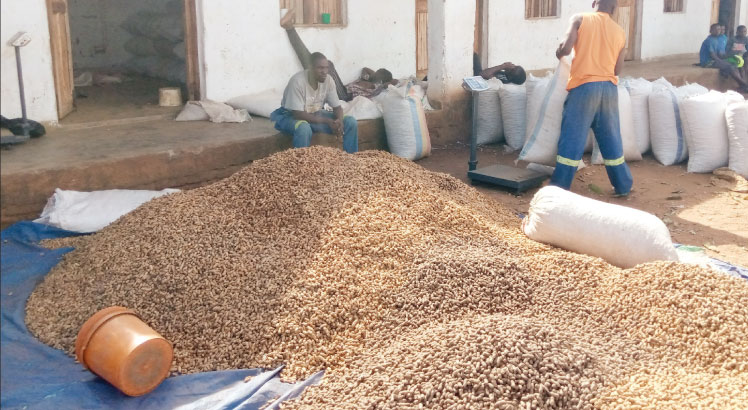TCC to enforce quotas
 The Tobacco Control Commission (TCC) has said it will enforce quotas to ensure that the leaf’s output next year is in line with the size of the land, amid excitement to grow more this year.
The Tobacco Control Commission (TCC) has said it will enforce quotas to ensure that the leaf’s output next year is in line with the size of the land, amid excitement to grow more this year.
TCC last year reintroduced quotas to check output to match the crop size with the allocated land, but this year’s favourable prices may compel more farmers to grow the leaf.
The introduction of quotas, was a follow up to plan unveiled by the Ministry of Agriculture and Food Security in June 2011 to manage tobacco production as a way of balancing the reduction of further erosion to farmers’ income and profitability with production to global trade requirements.
But in an interview on Tuesday, TCC chief executive officer Dr. Bruce Munthali said they will have to control production to ensure that the market next year is not flooded with large volumes of tobacco.
“Our duty as TCC is to make sure that there is sanity in the industry. Again this year, output will be restricted to the size of the land. We want farmers to grow the crop in line with the allocated land size,†he said.
Munthali noted the regulatory body will be strict so that there is no overproduction of the leaf which wires in about 60 percent of the foreign currency earnings, contributes 13 percent to the national economy and employs millions directly or indirectly.
Government had been allocating quotas before the tobacco industry was liberalised in the 1990s. Since then, farmers have been overproducing the leaf which has, over the years, affected prices at the auction because of supply has been surpassing buyers’ demand.
However, the quotas have, in some cases, resulted in the allocated land size for some farmers reducing, eventually cutting their earnings positions.
In 2012, according to global trade requirements, international buyers wanted between 150 million kilogrammes (kg) and 160 million kg, but final figures show farmers only produced less than 80 million kg because most of them switched to other crops having been disappointed by the poor prices.
This year, TCC has said buyers want about 200 million kg, a development that has excited farmers because of the good prices that prevailed this year and may spur production of the leaf by growers who switched to other crops.
Commenting on the just ended sales this year, Munthali said the market has been good with average price at over $2.20 (about K550) per kilogramme compared to around 80 cents (about K200) last year.
He attributed the good price to this year’s smaller crop that created competition and good relations between the authorities and the buyers, among others.
But Munthali admitted that this year, low output will likely lead to corresponding low earnings at national level.





